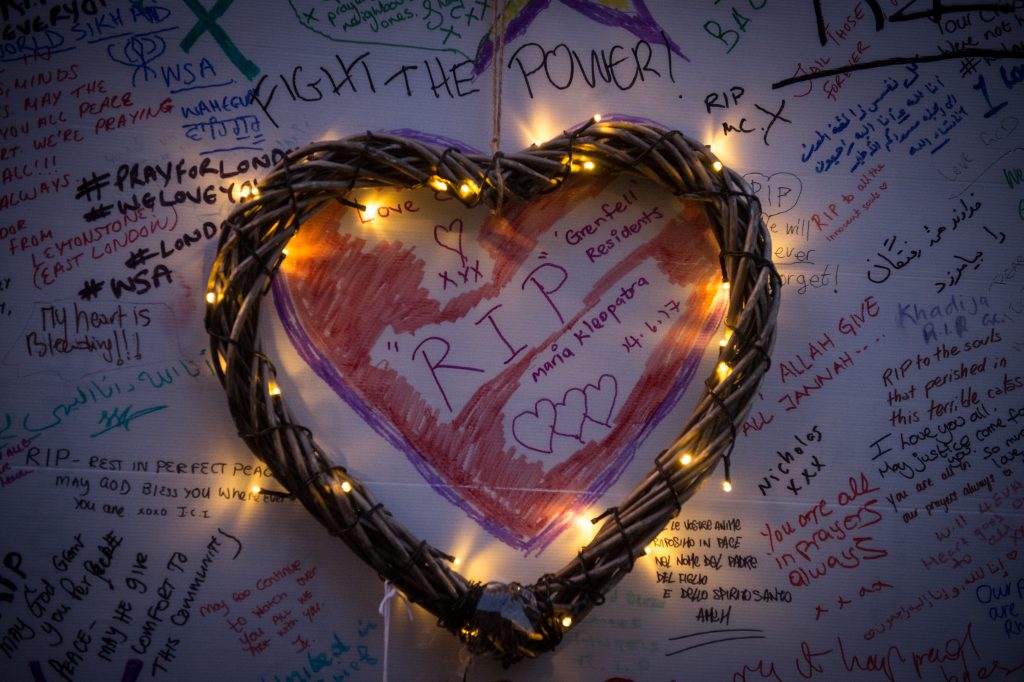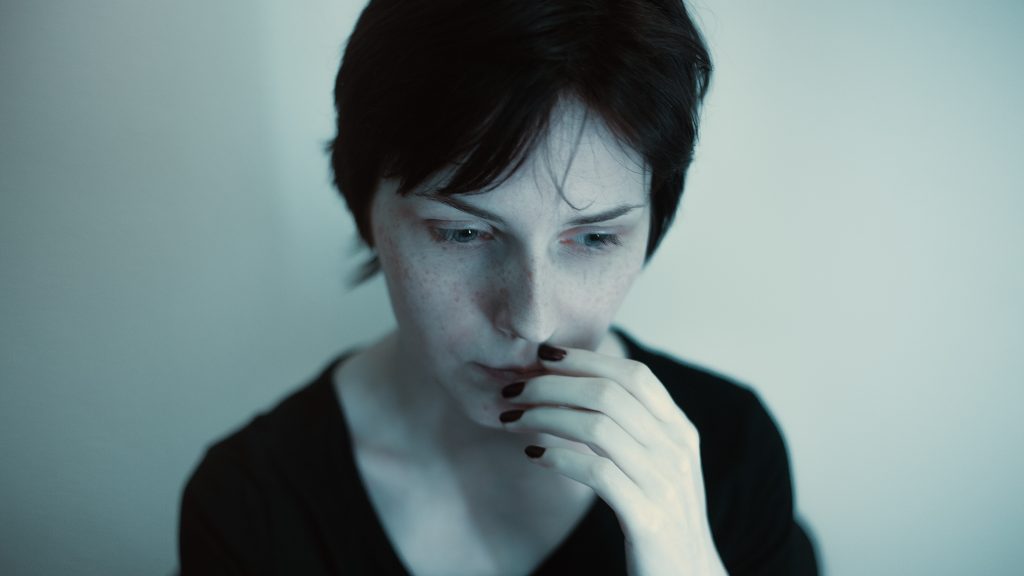The Grenfell Tower tragedy has thrown into sharp focus the ways poverty can lead to human rights violations. From homelessness to discrimination, sexual exploitation to illiteracy, there are many ways in which socio-economic status impedes rights. How can we ensure that our human rights protect everyone, not just the wealthy?
In 2015 to 2016, more than 12 million people in the UK were living below the poverty line. For many of them, key human rights are out of reach. Poverty can be a cause of human rights violations, for example, being forced to live or work in unsafe or healthy environments, or being unable to afford access to justice. Poverty can also be a result of human rights violations, for example, when children are unable to escape poverty because the State does not provide adequate access to education.
How do we define poverty?
 Image Credit: Xavier Sotomayor / Unsplash
Image Credit: Xavier Sotomayor / Unsplash
The Joseph Rowntree Foundation describes poverty as meaning “when your resources are well below your minimum needs”.
Poverty means “not being able to heat your home, pay your rent, or buy the essentials for your children. It means waking up every day facing insecurity, uncertainty, and impossible decisions about money. It means facing marginalisation – and even discrimination – because of your financial circumstances.”
Right to life
 Image Credit: Dom Alberts / Pixabay
Image Credit: Dom Alberts / Pixabay
Article 2 of the Human Rights Convention – the right to life – requires that the state must protect the lives of its citizens. This means that the Government must provide effective services and legal protections to keep people safe, for example, well-funded emergency services, and building and fire regulations that ensure properties are not dangerous.
It also means they must investigate where the right to life has been breached. These protections apply to everyone – whether they are rich or poor, influential or marginalised. However, the extent to which they can enforce those rights is dependent, at least in part, on economic status. This is why some have stressed the importance of properly funding the representation of the victims of Grenfell Tower in the forthcoming public inquiry.
Insecurity and vulnerability
 Image Credit: Catholic Church of England / Flickr
Image Credit: Catholic Church of England / Flickr
Much of the debate around the Grenfell tragedy has centred on whether the disaster could have happened in a block of flats populated by wealthy people. Some have noted, for example, that the residents were unable to obtain legal representation to voice their concerns about the safety of the property due to lack of legal aid provision.
The link between poverty and human rights has been explored in-depth by the UN Special Rapporteur on extreme poverty and human rights, who said on 7 June 2017 that, “there is a rapidly growing sense of economic insecurity afflicting large segments of many societies. People feel exposed, vulnerable, overwhelmed, and helpless, and some are being systematically marginalised, both economically and socially.”
This vulnerability and reliance on the state is more acute for people living on low incomes. People are less willing to speak out for fear of repercussions, they can’t afford access to justice, and have far less choice in where they live and work, and as to the goods and services they access. As noted by Gaby Hinsliff, “that’s what poverty means: being forced to rely on a state that is at times terrifyingly unreliable.”
Economic and social rights
 The International Covenant on Economic, Social and Cultural Rights (ICESCR) is one of the most important United Nations human rights treaties. It covers areas of public policy such as the right to work, to fair and just conditions of work, social security, adequate food, clothing and housing, health, and education. However, it isn’t directly enforceable in the UK. We ratified the ICESCR in 1976, but the UK Government hasn’t incorporated it into domestic law, so its general principles and its substantive provisions can’t easily be enforced by courts in the UK.
The International Covenant on Economic, Social and Cultural Rights (ICESCR) is one of the most important United Nations human rights treaties. It covers areas of public policy such as the right to work, to fair and just conditions of work, social security, adequate food, clothing and housing, health, and education. However, it isn’t directly enforceable in the UK. We ratified the ICESCR in 1976, but the UK Government hasn’t incorporated it into domestic law, so its general principles and its substantive provisions can’t easily be enforced by courts in the UK.
UK courts have given some acknowledgement to economic and social rights through the common law, or when violations are severe enough to constitute a violation of the rights protected by the Human Rights Convention (for example, if living conditions breach the right not to be subjected to inhuman and degrading treatment). However, as noted by Amanda Gray, “implementation of economic and social rights have always been difficult in the UK context. This is due to a lack of direct enforcement in the UK courts of International Human Rights Conventions and a traditionally cautious judiciary, reluctant to touch on issues of government resources.”
Discrimination
 Article 14 of the Convention on Human Rights protects us from discrimination on the basis of “sex, race, colour, language, religion, political or other opinion, national or social origin, association with a national minority, property, birth or other status”. We are also protected by the Equality Act 2010. In recent years, there have been moves to include socio-economic status as a ground for discrimination in the Equality Act.
Article 14 of the Convention on Human Rights protects us from discrimination on the basis of “sex, race, colour, language, religion, political or other opinion, national or social origin, association with a national minority, property, birth or other status”. We are also protected by the Equality Act 2010. In recent years, there have been moves to include socio-economic status as a ground for discrimination in the Equality Act.
In fact, the duty to consider socio-economic status in decision making is already set out in section 1 of the Equality Act, but has never been commenced (i.e. brought into law), despite a recommendation by the UN Committee on Economic, Social and Cultural Rights. Both the Welsh and Scottish governments have committed to bringing it into force in their countries. However, Theresa May has vowed to never commence the provision in England, saying she favoured a greater focus on “fairness” rather than “equality”.
As demonstrated by the tragedy of Grenfell Tower, however, we have some way to go before we can show that human rights are effectively protecting everyone, not just those who can afford to enforce their rights.
Want to read more about how human rights can help tackle poverty?
- Read this explainer on how human rights are essential to tackling poverty
- Take a look at this guest post on how knowing our rights can help end world poverty
- Understand what human rights do for children in this piece






